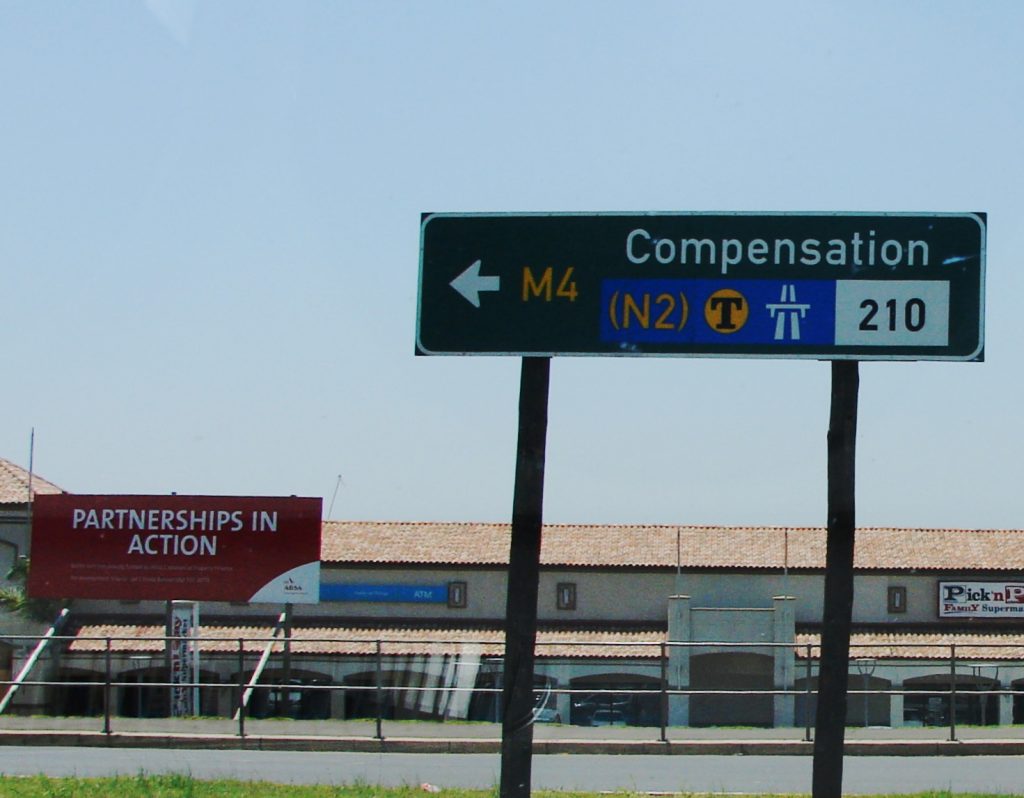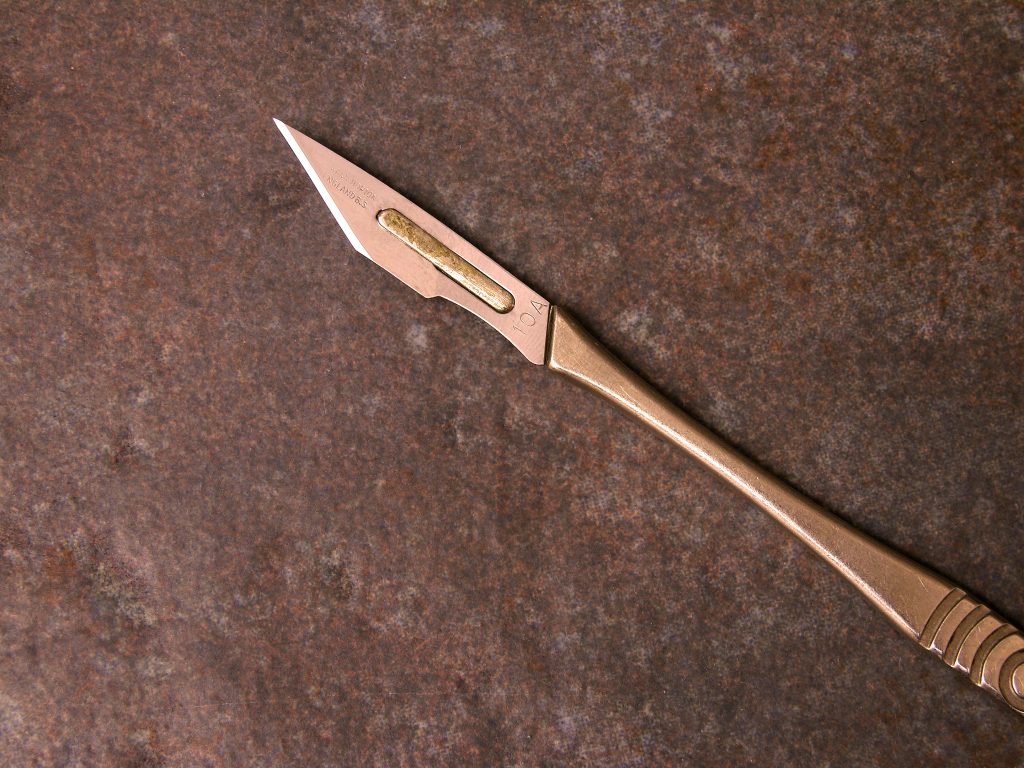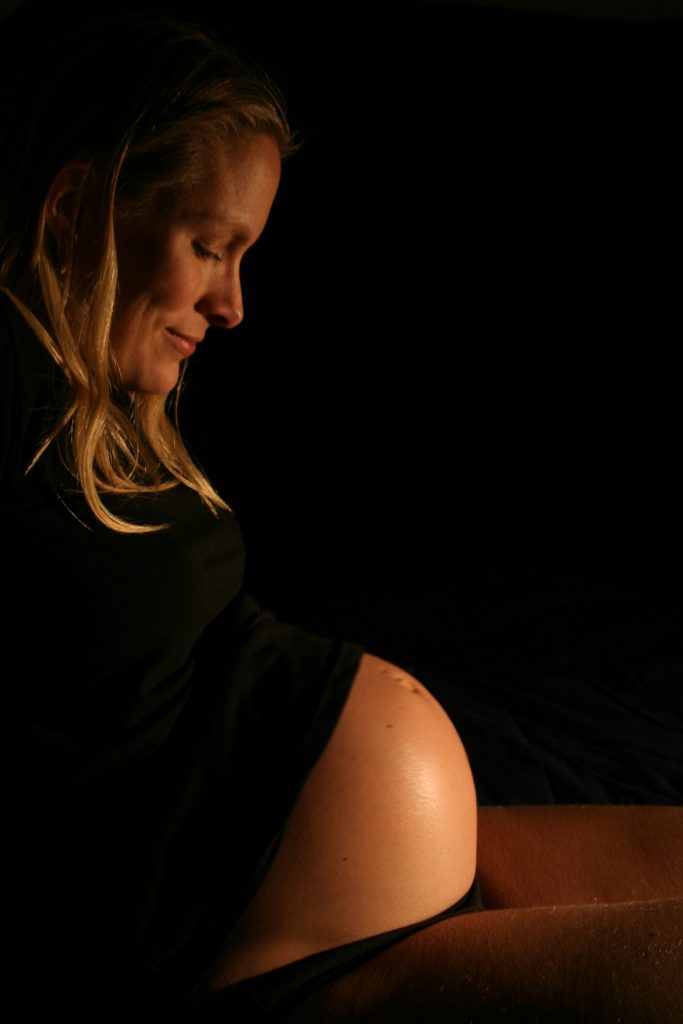 Accidents occur everywhere including the workplace. Are you entitled to any benefits if injured while on the job? One common benefit of employment is the availability of worker’s compensation when injured on the job. Worker’s compensation is a type of insurance that grants wage replacement and medical benefits to employees injured in the course of employment. This in exchange relinquishes the right to sue the employer for negligence. Does it matter if you have been recently promoted or demoted? Calculating wage replacement benefits can often not be as clear-cut as it may appear. The following case describes the standards in Louisiana for calculating a salaried employee’s average weekly wage (AWW) for workers’ compensation benefits.
Accidents occur everywhere including the workplace. Are you entitled to any benefits if injured while on the job? One common benefit of employment is the availability of worker’s compensation when injured on the job. Worker’s compensation is a type of insurance that grants wage replacement and medical benefits to employees injured in the course of employment. This in exchange relinquishes the right to sue the employer for negligence. Does it matter if you have been recently promoted or demoted? Calculating wage replacement benefits can often not be as clear-cut as it may appear. The following case describes the standards in Louisiana for calculating a salaried employee’s average weekly wage (AWW) for workers’ compensation benefits.
Jerome Augusta was injured in November of 2013 in a work-related accident while employed by Audubon. When Augusta began working for Audubon in November 2012, Augusta’s salary was $43,769.00. But in July 2013, he was demoted and his salary was lowered to $33,000.00. Audubon granted workers’ compensation benefits based on Augusta’s $33,000.00 salary at the time of the accident.
In March of the next year, Augusta filed a disputed workers compensation claim (Form-1008). He claimed that Audubon incorrectly calculated his benefits. This case went to trial before the Office of Worker’s Compensation (“OWC”). During the year before the accident, Augusta’s yearly salary was $42,824.76, factoring in his demotion., Augusta argued that his AWW should have been $823.55. Audubon argued it correctly calculated his AWW.
 Louisiana Personal Injury Lawyer Blog
Louisiana Personal Injury Lawyer Blog


 Professionals in various fields whose work greatly impacts the lives of others may find themselves accused of malpractice. Especially in medicine where a seemingly simple mistake can end one’s life, the lawsuits that stem from malpractice can bring large awards to plaintiffs. This is where malpractice insurance comes in, to make sure these amounts are paid without completely destroying the livelihood of that professional. The Fifth Circuit Court of Appeal discussed malpractice insurance issues in a recent ruling.
Professionals in various fields whose work greatly impacts the lives of others may find themselves accused of malpractice. Especially in medicine where a seemingly simple mistake can end one’s life, the lawsuits that stem from malpractice can bring large awards to plaintiffs. This is where malpractice insurance comes in, to make sure these amounts are paid without completely destroying the livelihood of that professional. The Fifth Circuit Court of Appeal discussed malpractice insurance issues in a recent ruling. Ever wondered about the seemingly daunting world of contracts: the myriad of pages and often boring mechanical reading, not to mention those terms and conditions written in legalese? For most of us, not really. That’s for sure. But sometimes contractual disputes can be interesting. Ever hear the saying don’t mix business with pleasure? Well in a recent case, the Louisiana Court of Appeal was called upon to rule upon the terms of a settlement agreement that prohibited the parties from making disparaging or negative comments about each other.
Ever wondered about the seemingly daunting world of contracts: the myriad of pages and often boring mechanical reading, not to mention those terms and conditions written in legalese? For most of us, not really. That’s for sure. But sometimes contractual disputes can be interesting. Ever hear the saying don’t mix business with pleasure? Well in a recent case, the Louisiana Court of Appeal was called upon to rule upon the terms of a settlement agreement that prohibited the parties from making disparaging or negative comments about each other. As the adage goes, there are two sides to every story and when it comes to lawsuits, the details of those stories can make the difference between a courtroom success and a case never making it to trial. A case arising out of Mandeville, Louisiana is the perfect example of just how important the details of a story can be.
As the adage goes, there are two sides to every story and when it comes to lawsuits, the details of those stories can make the difference between a courtroom success and a case never making it to trial. A case arising out of Mandeville, Louisiana is the perfect example of just how important the details of a story can be.  It’s a common scenario: someone is injured or property is damaged because another party failed to use reasonable care. This situation is far from rare in the legal profession, and the responsible party is usually held accountable for their negligence with civil lawsuits. But what happens when the injured person attempts to hold the wrong party responsible? It seems unlikely, but as James Johnson discovered, it is possible and the consequences can alter the course of a lawsuit’s final outcome.
It’s a common scenario: someone is injured or property is damaged because another party failed to use reasonable care. This situation is far from rare in the legal profession, and the responsible party is usually held accountable for their negligence with civil lawsuits. But what happens when the injured person attempts to hold the wrong party responsible? It seems unlikely, but as James Johnson discovered, it is possible and the consequences can alter the course of a lawsuit’s final outcome. Accidents frequently occur in construction zones and they may be the fault of the injured party or someone else involved in the renovation site. Courts are often tasked with deciding whether the injured person is responsible for his or her own injury or if a different party is at fault. A recent case in Metairie highlights the complexities of identifying the responsible party.
Accidents frequently occur in construction zones and they may be the fault of the injured party or someone else involved in the renovation site. Courts are often tasked with deciding whether the injured person is responsible for his or her own injury or if a different party is at fault. A recent case in Metairie highlights the complexities of identifying the responsible party. The law often hinges on technicalities, which is why technical accuracy is critical in ensuring that all parties to a lawsuit have a fair and adequate understanding of the issue and that courts operate efficiently. Despite this importance, courts do not want justice to be skirted on the sole basis of a technical error. The Second Circuit Court of Louisiana emphasized this sentiment when it allowed a woman to recover damages for battery, despite the fact that she only alleged negligence in her pleadings. The court was able to do so under Louisiana’s fact-pleading system which allows recovery as long as the facts necessary to establish a claim are pled.
The law often hinges on technicalities, which is why technical accuracy is critical in ensuring that all parties to a lawsuit have a fair and adequate understanding of the issue and that courts operate efficiently. Despite this importance, courts do not want justice to be skirted on the sole basis of a technical error. The Second Circuit Court of Louisiana emphasized this sentiment when it allowed a woman to recover damages for battery, despite the fact that she only alleged negligence in her pleadings. The court was able to do so under Louisiana’s fact-pleading system which allows recovery as long as the facts necessary to establish a claim are pled.  Police officers are tasked with enforcing the law and upholding civic order, but what happens when a person feels that a police officer ignored his or her constitutional rights; will the officer be held accountable? A case arising out of Alexandria examines this question through the issue of excessive force and the qualified immunity defense involved in police officer shootings.
Police officers are tasked with enforcing the law and upholding civic order, but what happens when a person feels that a police officer ignored his or her constitutional rights; will the officer be held accountable? A case arising out of Alexandria examines this question through the issue of excessive force and the qualified immunity defense involved in police officer shootings.  While having a child and starting a family is something that many couples look forward to in their lives, pregnancy can be very painful and burdensome on the mother. There are many drugs that can help prevent the negative side effects of pregnancy, like nausea and morning sickness, however, those drugs can sometimes do more harm than good. Nothing is worse than going through a difficult pregnancy, and then having a child born prematurely with birth defects because of drugs that were supposed to help.
While having a child and starting a family is something that many couples look forward to in their lives, pregnancy can be very painful and burdensome on the mother. There are many drugs that can help prevent the negative side effects of pregnancy, like nausea and morning sickness, however, those drugs can sometimes do more harm than good. Nothing is worse than going through a difficult pregnancy, and then having a child born prematurely with birth defects because of drugs that were supposed to help. In Louisiana, a party is responsible for the full extent of injuries he or she causes to another. Lawsuits stemming from these incidents usually arise over which party is more at fault or if any of the injuries were actually caused by the event at issue. Whether the party at fault has to pay the undisputed medical expenses is rarely at the center of these disputes, however, the following case from St. Bernard Parish, details why an injured party had to bring that very issue to appeal.
In Louisiana, a party is responsible for the full extent of injuries he or she causes to another. Lawsuits stemming from these incidents usually arise over which party is more at fault or if any of the injuries were actually caused by the event at issue. Whether the party at fault has to pay the undisputed medical expenses is rarely at the center of these disputes, however, the following case from St. Bernard Parish, details why an injured party had to bring that very issue to appeal.